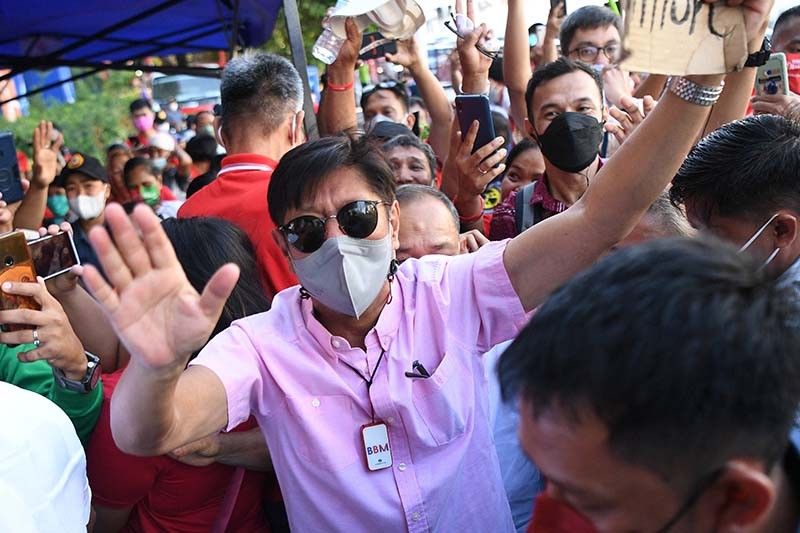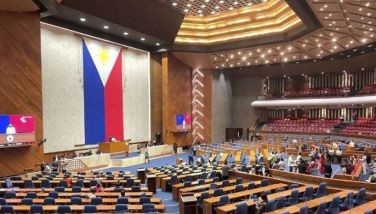Marcos urged: Appoint credible, independent rights advocates as CHR commissioners

MANILA, Philippines — President-elect Ferdinand Marcos Jr. should ensure a transparent and inclusive process in selecting qualified rights defenders to fill the seats vacated at Commission on Human Rights, a human rights watchdog said Tuesday.
Human Rights Watch said the appointment of CHR commissioners will be an “important first test” for the Marcos administration’s commitment to human rights. The next chief executive and his clan have yet to acknowledge the atrocities committed during his dictator father’s regime, and publicly apologize to the victims and their families.
Phil Robertson, deputy Asia director of Human Rights Watch, called on Marcos to appoint commissioners with proven track records of defending human rights.
“Marcos is in a strong position to set the Commission on Human Rights in a positive direction for the next seven years by selecting independent, credible rights advocates as commissioners,” Robertson said.
Emptied out before the transition into the Marcos administration is the CHR that faced challenges and was threatened and attacked in the several years of the Duterte administration.
Only four of the Commissioners saw the end of their term on May 5, with their chairman Jose Luis Martin Gascon untimely passing away in 2021.
CHR commissioners are appointed to seven-year terms and cannot be reappointed.
The rights group suggested that Marcos should convene an independent search committee to vet candidates and come up with a shortlist. An unidentified former CHR commissioner told HRW that the process of selecting candidates was not transparent.
Participation from the country's human rights community and civil society should also be encouraged so they can provide candidates who represent vulnerable sectors such a people with disabilities, the elderly, children, and members of LGBT community.
Fears about human rights under Marcos
Marcos will inherit the dire human rights situation under Duterte, whose “war on drugs” led to extrajudicial killings of thousands of people and whose crackdown on dissent resulted in the shrinking of democratic space. The two years of the pandemic also saw arbitrary arrests from the police that led to filling up detention spaces amid a health crisis that needs physical distancing to curb the infection's spread.
“Given the grave human rights situation in the Philippines, these new commissioners should be independent and strongly committed to fearlessly and impartially upholding the commission’s mandate and duties,” Robertson said.
But several groups are not optimistic about a Marcos presidency, fearing people’s rights will be further suppressed under the next administration.
During the rule of the clan patriarch, thousands had been killed, tortured, disappeared. The government, through the Human Rights Victims Reparation and Recognition Act of 2013, recognizes that gross human rights violations were committed under the regime of the elder Marcos.
The widespread human rights abuses during the martial law period gave impetus for the creation of CHR, which is mandated to investigate human rights abuses and promote respect for human rights in the country.
“By building up rather than tearing down the commission, Marcos would help dispel people’s fears about human rights under his administration,” Robertson said.
- Latest
- Trending
































